The College Panda's 10 Practice Tests for the SAT Math
Select Format
Select Condition 
More by Elaine N. Aron
Book Overview
For the SAT 201610 Complete SAT Math Practice Tests that actually reflect the format and question types on the new SAT, unlike most other books that were rushed to publicationAnswer Explanations for all QuestionsAn index of questions grouped by category so you can focus on the topics you struggle onThe Perfect Companion to The College Panda's SAT Math: The Advanced Guide and Workbook
For more sample chapters and information, check out http: //thecollegepanda.com/books
Format:Paperback
Language:English
ISBN:0989496449
ISBN13:9780989496445
Release Date:March 2016
Publisher:College Panda
Length:268 Pages
Weight:1.60 lbs.
Dimensions:0.6" x 8.5" x 11.0"
Related Subjects
LawCustomer Reviews
0 customer rating | 0 review
There are currently no reviews. Be the first to review this work.











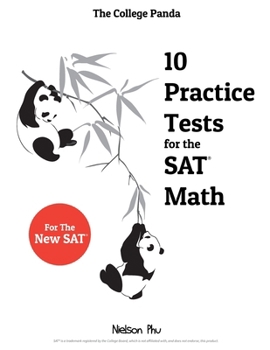


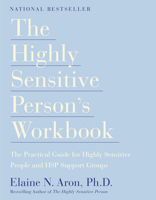
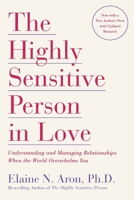
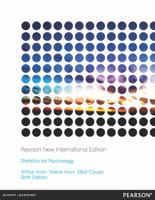
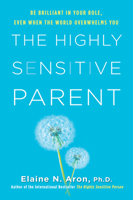


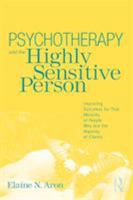

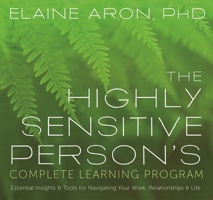
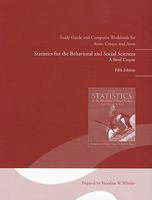






![Statistics for the Behavioral and Social Sciences: A Brief Course [with eText & MyStatisticsLab Access Code]](https://i.thriftbooks.com/api/imagehandler/s/C0A7C97E2627DC27B47F52D12885B3767A26753E.jpeg)








